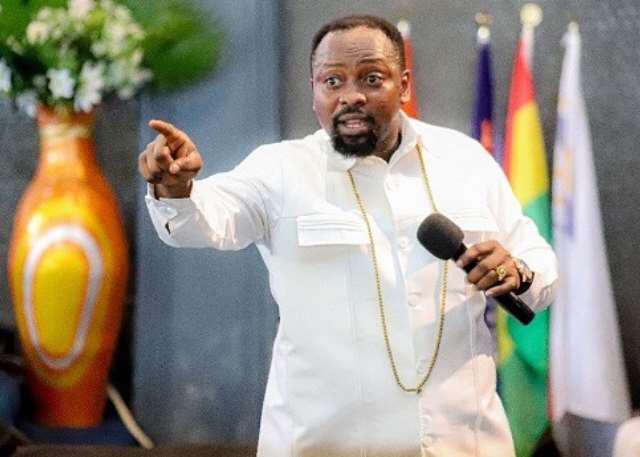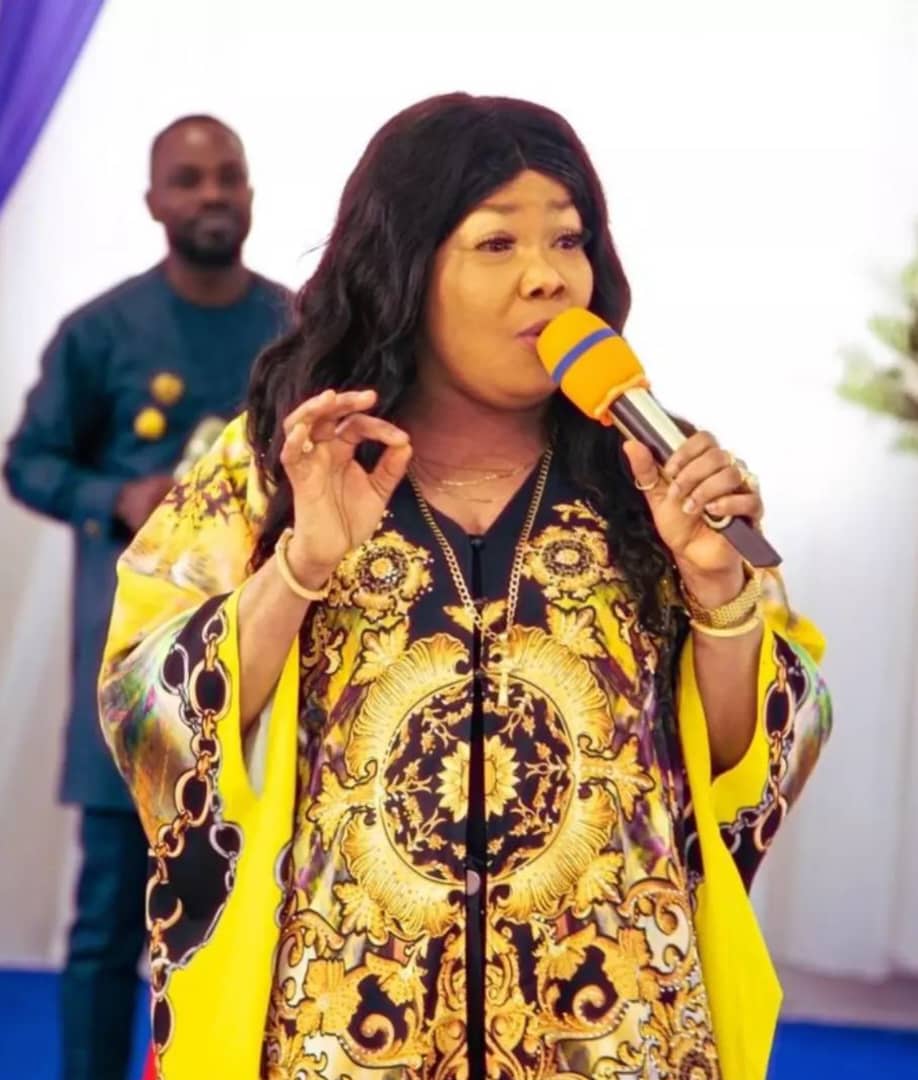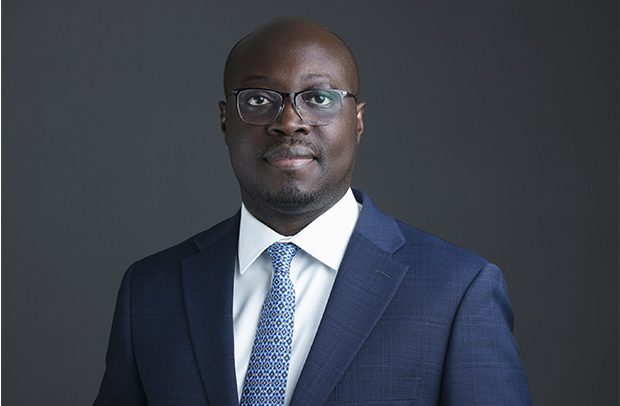At the 3rd Biennial International Conference organized by the School of Arts at the University of Ghana, H.E. Ambassador Bishop Sam Owusu delivered a powerful keynote address urging educational institutions to strengthen STEM education while also preserving and promoting the legacies of Ghanaian icons through the arts.
In his address, Amb. Owusu called on the School of Arts and related departments to take the lead in documenting the lives and contributions of legendary Ghanaians — men and women whose talents, skills, experiences, and resources have positively impacted the nation. He specifically highlighted celebrated highlife musician Daddy Lumba as a notable figure whose life and work should be archived for educational and cultural posterity.
“Documenting the lives of such impactful individuals is not only a way to honour their legacy, but it also serves as a rich resource for academic research, national identity, and youth inspiration,” he stated.
While promoting the advancement of STEM (Science, Technology, Engineering, and Mathematics) education, Amb. Owusu emphasized the need for a balanced approach that includes the arts. He underscored that both fields offer significant career opportunities that can be leveraged to develop the nation and combat youth unemployment.
“Arts and sciences are not mutually exclusive; they complement each other in nation-building,” he noted. “By investing in both, we equip our young people with diverse skills to thrive in a competitive global economy.”
In a strong advocacy for peace and nation-building, the Ambassador also proposed that the University integrate art-based peace advocacy into its curriculum. According to him, art has the unique power to communicate, heal, and foster social cohesion — essential elements in promoting sustainable peace.
The conference, which brought together scholars, students, artists, and policymakers, focused on the theme of using the arts as a transformative tool in education and national development.
Ambassador Bishop Sam Owusu’s remarks were met with resounding support from participants, many of whom echoed the importance of a holistic approach to education that bridges the gap between science and the humanities.
The University of Ghana’s School of Arts is expected to explore further steps in implementing these recommendations, potentially paving the way for innovative programs that blend creativity, education, and social impact.



